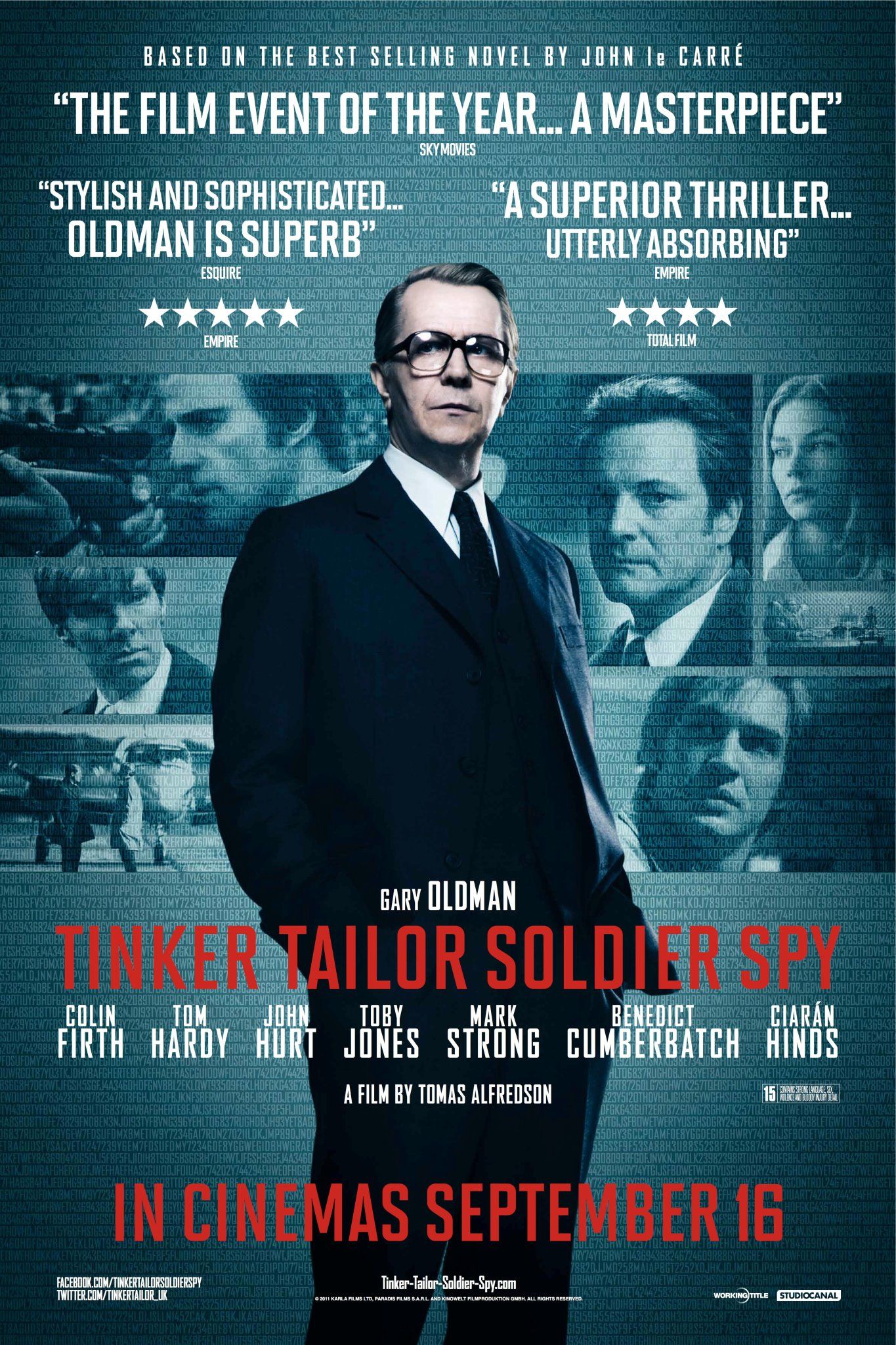I am intrigued by the art of acting. Or more specifically, acting in cinema. I have no fascination for stage, I find it too artificial. My imagination is not good enough to ignore all the extraneous factors that accompany a stage play – the stage itself, mock actions that we are supposed to assume as real such as fighting and so on. This is not my cup of Chai. I should mention that this is not a criticism of stage vis-à-vis cinema. I am simply saying that this art form is not for me. In contrast, cinema is a polished product. Everything has been honed to perfection and presented to you so that it can take you away from the present moment.
A very pertinent question is ‘what is acting?’ Or is it? What’s more interesting to me is ‘how do I perceive a certain actor?’ And this is where things get interesting. I find certain actors utterly captivating while other have no influence on me. All of these are great actors so the problem does not lie at their end. I have a theory about this. As a good actor becomes more and more popular, his larger-than-life image occupies our mind so much that when we see him on the screen we do not see the character. These stars are in limelight so much of the time that we identify with them. Then there are other actors who make me forget about them. Daniel Day-Lewis, Ben Kingsley or Russell Crowe. The way Gary Oldman transforms from Lee Harvey Oswald in JFK to George Smiley in Tinker Tailor Soldier Spy.
Amongst Bollywood actors I am awed by Naseeruddin Shah, Om Puri and Paresh Rawal. Many of Paresh’s role have been underrated because they are not the lead characters or because it’s a comic role. One of the best examples, along with Om Puri is Herapheri. I never understood why comedy is always treated like a step-child. Just because it makes you laugh does not mean it’s not high quality. Some of the movie experiments of Woody Allen have not received the recognition they deserve simply because they are not gloomy enough or that you actually enjoy them.
Why do some actors make me forget about them while others don’t? The theory of being in limelight is only partially correct, if at all. Russell Crowe is one of the most famous Hollywood stars and yet, his transformation from Bud White in L. A. Confidential to Jeffery Wigand in The Insider is something to watch for. The Insider is a good example. Russell Crowe pours blood, sweat and tears in this role, as he usually does. And he is pitted against Al Pacino who is just being Al Pacino. Apart from the mandatory shouting scenes, his character is thoroughly unimpressive. Why this difference? Another example is the movie Heat starring Al Pacino and Robert De Niro. There is nothing in this movie except situations where these actors will supposedly have great scenes. At every instant, the director seems to be saying, “Look, I’ve got two stalwarts of acting here. Is this cool or what?”
Needless to say, all this is very subjective. That is one of the reasons why I am not fond of events like Film Appreciation courses. There are simple art forms and there are complicated ones. It certainly helps if you know some background about the art form. However, I believe that any art should be able to give you a minimum experience without having any a priori knowledge, provided you connect with it. Beyond that, the more you know about it, the more you will appreciate it. You do not have to know the intricacies of symphony to enjoy Mozart. The danger in a Film Appreciation course is you are getting ready-made opinions of experts. You have not arrived at those conclusions yourself. If I had read Roger Ebert’s review of The Usual Suspects before watching the movie, there is a fair chance that I would not have liked it because he didn’t. I am glad I watched it without reading anything about it.
No one can say which art will move you. There is no greater punishment that to stick with a book just because it is a so-called classic, even if it bores you to death. I gleefully skipped over parts of War and Peace where Tolstoy philosophizes for pages on end. I did enjoy the narrative but would I still have read it if it was not The Book on every list? Probably not.
Statements like this art form is passé or that one is the latest do little in terms helping you appreciate them. One of the most important function of any art is to give you an experience – preferably a memorable one. If a movie or a symphony speaks to you, that’s your personal conversation with it. Enjoy it. If it does not, leave it.
There are no ‘shoulds’ in art.



